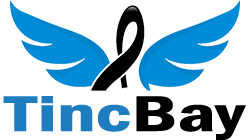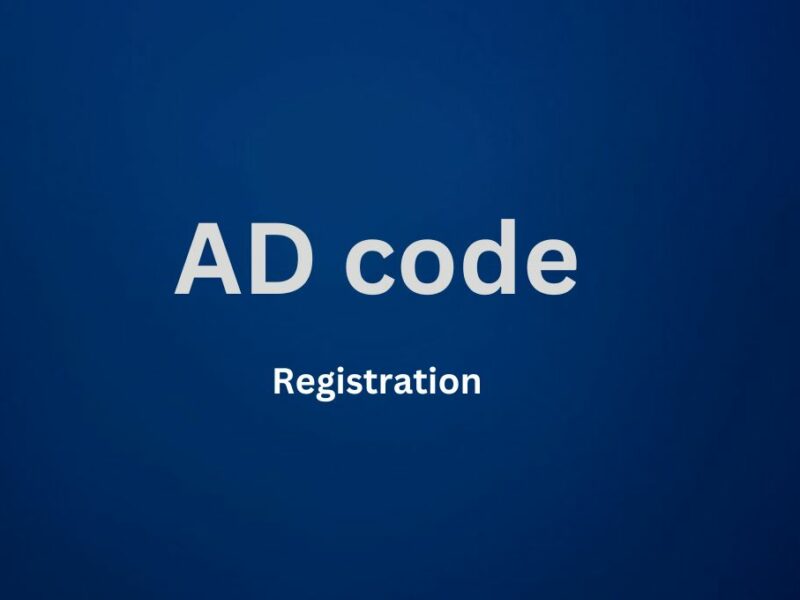The dark web has long been associated with illegal activities, including the sale of drugs, weapons, and stolen data. Access to this hidden corner of the internet is through the use of dark web links, which are URLs that direct users to specific websites on the dark web. While the use of dark web links presents significant challenges to law enforcement agencies, it also raises ethical questions about whether they should be shared to expose illegal activities or kept hidden to avoid normalizing criminal behavior.
The argument in favor of sharing dark web links is that they can be used to expose criminal activities that would otherwise go undetected. Journalists and researchers have used dark web links to investigate and report on the sale of illegal goods and services, including drugs, weapons, and stolen data. By sharing these links, they can raise awareness of the scale of criminal activity on the dark web and put pressure on law enforcement agencies to take action.
Another argument in favor of sharing dark web links is that it can provide a platform for victims of cybercrime to report illegal activities. Victims of cybercrime may be hesitant to report crimes to law enforcement agencies for fear of retaliation or the perceived futility of such action. By providing a platform for victims to report crimes anonymously, dark web links can enable victims to seek justice and hold perpetrators accountable.
However, there are also ethical concerns about sharing dark web links. One of the main concerns is that sharing these links may normalize criminal behavior, making it more socially acceptable. There is a risk that exposing illegal activities on the dark web, it may create a sense of acceptance of these activities as a part of everyday life.
There is also a risk that sharing dark web links may inadvertently assist cybercriminals in carrying out illegal activities. Exposing the locations of illegal websites on the dark web, it may enable cybercriminals to take additional steps to protect their activities, making it more difficult for law enforcement agencies to combat cybercrime.
The use of dark web links also raises concerns about privacy and anonymity. While sharing these links may expose criminal activities, it may also expose innocent individuals who are using the dark web for legitimate purposes. The use of dark web links can be a double-edged sword, potentially exposing innocent individuals while trying to catch criminals.
In conclusion, the ethical implications of sharing dark web links are complex and multifaceted. While sharing these links can expose illegal activities and provide a platform for victims of cybercrime to report crimes, it may also normalize criminal behavior and put innocent individuals at risk. The decision to share dark web links should be made with careful consideration of the potential consequences and a clear understanding of the risks involved.
Journalists and researchers should exercise caution when sharing dark web links, ensuring that they do not inadvertently assist cybercriminals in carrying out illegal activities. It is also essential to consider the impact on the wider community, including the potential normalization of criminal behavior.
Law enforcement agencies should also consider the ethical implications of using dark web links in their investigations. While the use of dark web links can be a useful tool in combating cybercrime, it may also expose innocent individuals to undue scrutiny and put their privacy at risk.
Ultimately:
The decision to share dark web links should be made on a case-by-case basis, taking into account the potential risks and benefits. By considering the ethical implications of sharing dark web links, journalists, researchers, and law enforcement agencies can ensure that they are acting in the best interests of the wider community and working towards a safer and more secure internet for all.






















